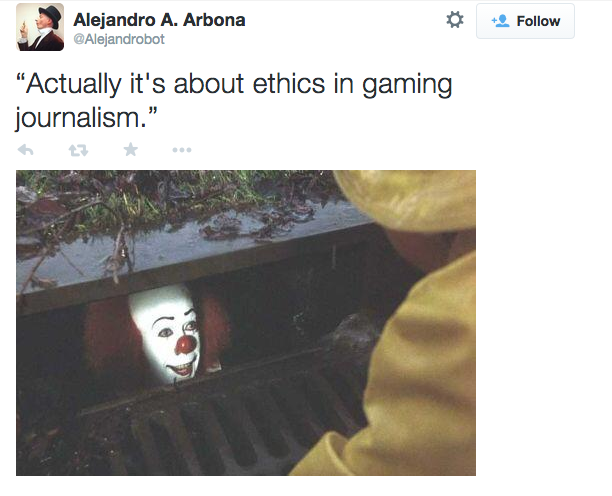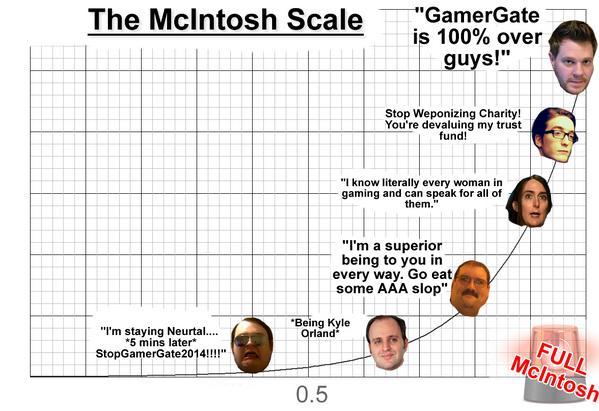About
Christina Hoff Sommers is an American author and self-described equity feminist known for her criticisms contemporary Western or “third-wave” feminism. Sommers has been accused of being a conservative anti-feminist by critics and became a notable figure among GamerGate supporters in September 2014.
Early Career
In 1994, Sommers released the book Who Stole Feminism? How Women Have Betrayed Women, which argued that ideological “gender feminists” had over taken the women’s movements on college campuses. In 2000, Sommers released The War Against Boys: How Misguided Policies are Harming Our Young Men, arguing that early education institutions had enacted policies causing boys to fall behind girls in school.
Online History
On December 23rd, 2009, the American Enterprise Institute YouTube channel uploaded a video in which Sommers addresses the question “Why aren’t there more female scientists?”, claiming it had to do with “preferences and aspirations” (shown below).
In July 2011, Sommers launched the @CHSommers Twitter feed, gathering upwards of 24,000 followers over the next four years. On October 4th, 2013, Sommers participated in an “ask me anything” thread on the /r/IAmA subreddit. In the comments section, Sommers responded to questions saying that she considers herself an equity feminist, that misandry was “rampant” in western society and that schools had become “toxic environments for little boys.”
Factual Feminist Series
On April 10th, 2014, the first in Sommer’s “Facual Feminist” series was uploaded to YouTube, which analyzed the statistics behind the purported “gender wage gap” (shown below). Over the next six months, 18 additional episodes in the web series were released on the American Enterprise Institute YouTube channel.
GamerGate Support
On September 16th, 2014, the American Enterprise Institute YouTube channel uploaded a video in their “Factual Feminist” series titled “Are video games sexist?”, in which host Sommers refutes arguments by feminist media critic Anita Sarkeesian (shown below). In the first three weeks, the video gained over 440,000 views and 7,700 comments. As the video began circulating online, GamerGaters began referring to Sommers as “Based Mom.”
Criticism
On September 1st, 1994, the Fairness and Accuracy in Reporting progressive media watch group published a critique of Sommer’s Who Stole Feminism titled “The ‘Stolen Feminism’ Hoax,” claiming she was guilty of making “unsubstantiated charges.” On July 2nd, 2000, The Washington Post published a review of The War Against Boys, which accused the book of being “inexcusably misleading” and “a conservative polemic.” On September 17th, 2014, Kotaku published an article about Sommers titled “Conservative Critic Argues That Game Culture is For Guys,” which chronicled Sommers’ career history and questioned assertions made in her “Are Video Games Sexist?” video. That day, Sommers posted a tweet announcing that she was a “former sixties flower child/socialist” and was currently a “registered Democrat-- with libertarian leanings” (shown below).
![]()
Also on September 17th, The Medium published a “factcheck” article on many criticisms made against Sommers. On September 19th, YouTuber Jonathan Mann uploaded an “auto-tune” rebuttal to Sommers’ “Are Video Games Sexist?” video, in which he sings a song criticizing Sommers’ arguments (shown below, left).
Search Interest
External References














































































